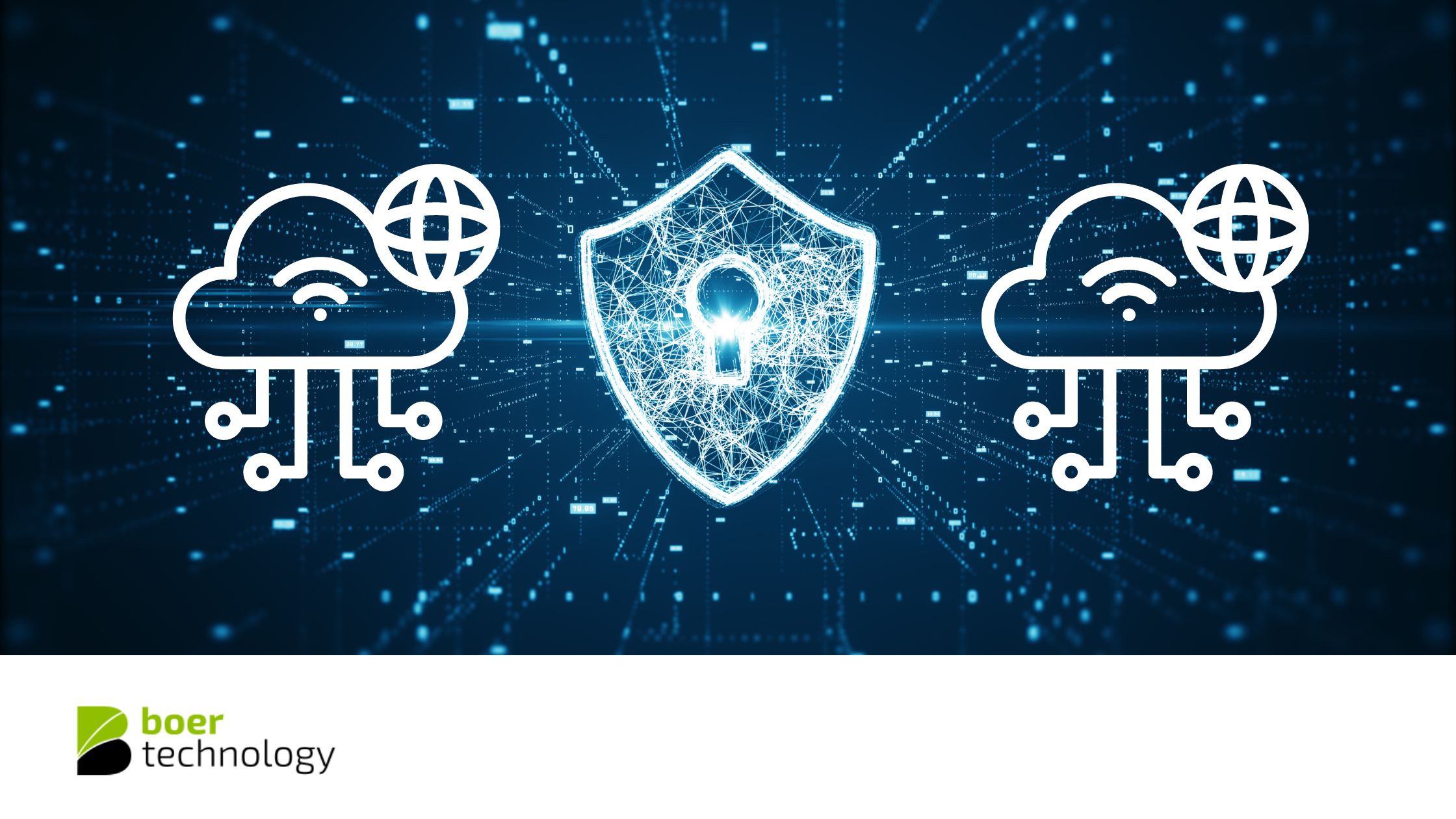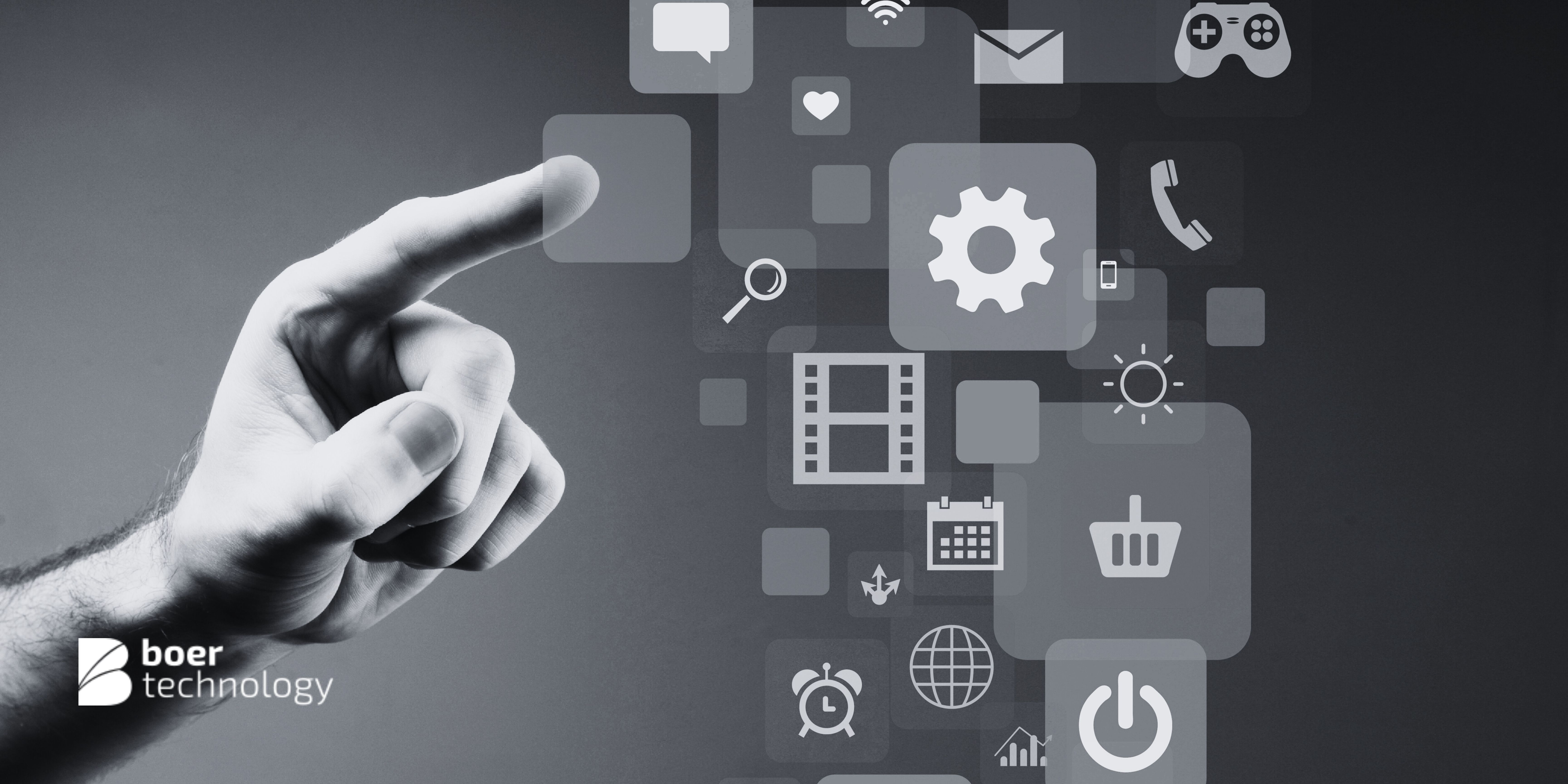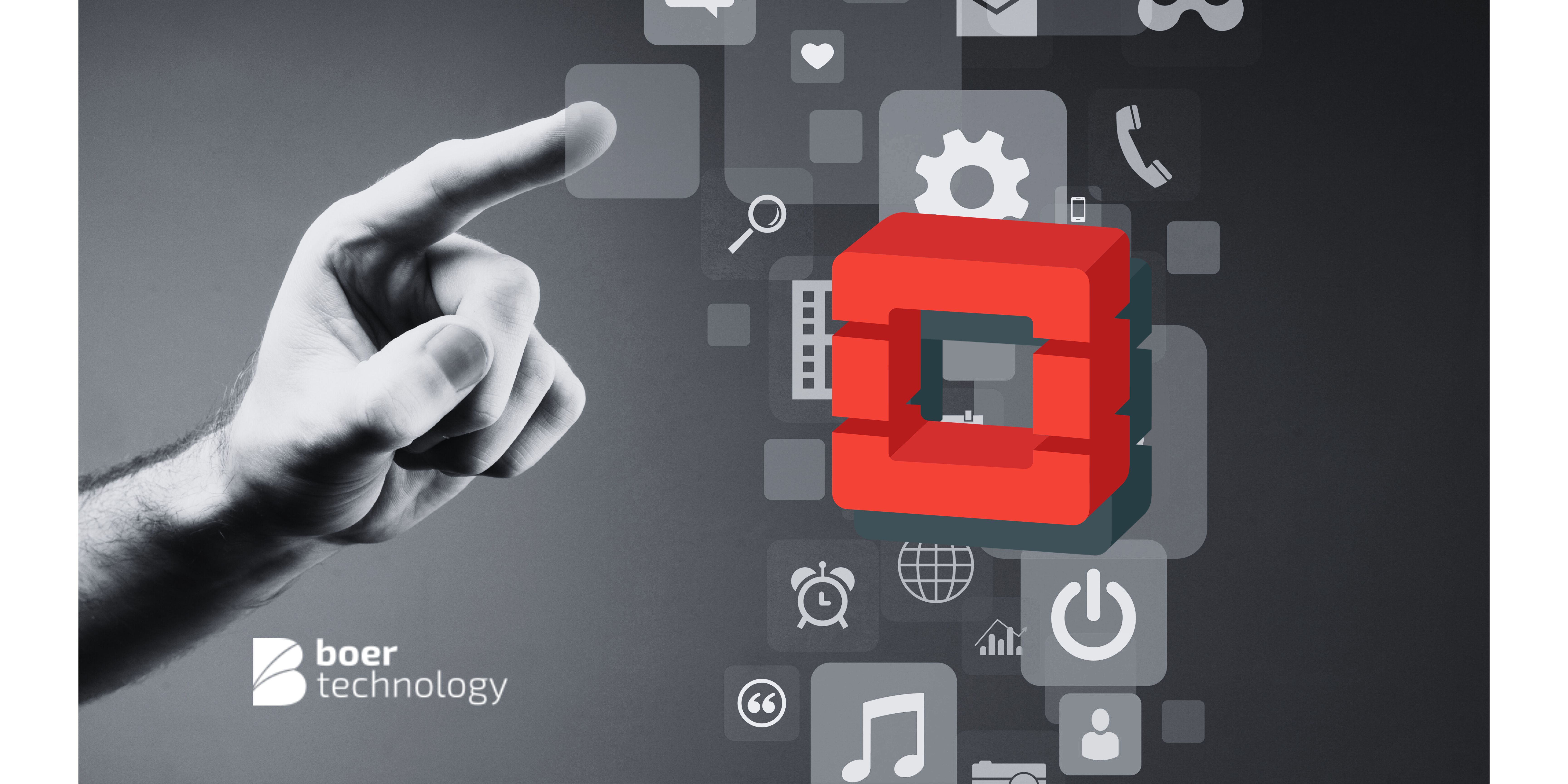The private cloud has become an increasingly popular choice for organizations seeking greater control over their data and IT infrastructure. While there are many cloud options available, the private cloud stands out due to its ability to provide a highly secure environment tailored to the specific needs of an organization. This article explores the key security advantages of private cloud solutions, demonstrating why they can be a safe and effective choice for businesses of all sizes.
Dedicated Environment
One of the most significant security benefits of a private cloud is that it operates in a dedicated environment. Unlike public cloud services, where resources are shared among multiple tenants, a private cloud is exclusively used by a single organization. This exclusivity reduces the risk of data breaches caused by vulnerabilities in a multi-tenant environment, where different customers share the same resources. By having a dedicated environment, organizations can ensure that their data and applications are not exposed to other users, significantly lowering the potential for unauthorized access.
Enhanced Data Privacy
Data privacy is a top concern for many organizations, especially those handling sensitive information such as financial records, personal customer data, or proprietary business information. Private cloud solutions offer enhanced data privacy by allowing organizations to implement strict access controls and data protection measures. Because the infrastructure is entirely under the organization’s control, IT teams can enforce rigorous security policies, ensuring that only authorized personnel can access critical data. This level of control is particularly important for companies operating in regulated industries, where compliance with data protection laws is mandatory.
Customizable Security Policies
Another advantage of private cloud environments is the ability to customize security policies to meet specific organizational requirements. Unlike public clouds, where security configurations may be standardized across multiple users, a private cloud allows for tailored security settings. Organizations can implement custom firewalls, intrusion detection systems, and encryption protocols to protect their data. This flexibility enables companies to address their unique security challenges, ensuring that their private cloud infrastructure aligns with their internal security policies and compliance needs.
Isolation and Segmentation
Isolation is a crucial aspect of security in any cloud environment. Private clouds excel in this area by offering complete isolation from other users and external networks. With a private cloud, an organization’s IT infrastructure is fully segmented, meaning that its applications, data, and resources are isolated from those of other organizations. This segmentation reduces the attack surface, making it more difficult for cybercriminals to penetrate the network. Additionally, in the event of a security breach, the isolation of the private cloud environment helps to contain the impact, preventing the breach from spreading to other parts of the network.
Direct Control Over Hardware and Software
One of the defining features of a private cloud is that the organization maintains direct control over both the hardware and software used in the environment. This control is a critical security advantage because it allows IT teams to select the most secure hardware and software configurations, apply patches and updates promptly, and monitor the infrastructure in real-time for any security threats. By managing the entire stack, from the physical servers to the applications running on them, organizations can ensure that their private cloud is always aligned with the latest security standards.
Improved Compliance Management
For organizations that must adhere to strict regulatory requirements, private clouds provide an ideal solution for compliance management. Since the entire environment is under the organization’s control, it is easier to implement and maintain compliance with industry-specific regulations, such as HIPAA, GDPR, or PCI-DSS. Private clouds allow for detailed auditing and reporting capabilities, giving organizations the tools they need to demonstrate compliance and pass audits with confidence. Additionally, because the infrastructure is not shared with other tenants, there is less risk of accidental non-compliance due to the actions of other users.
Scalability Without Compromising Security
While private clouds are known for their security benefits, they also offer the scalability needed to support business growth. As organizations expand, their IT needs evolve, and a private cloud can easily scale to accommodate increased workloads. Importantly, this scalability does not come at the expense of security. Because the private cloud is under the organization’s direct control, security measures can be scaled alongside the infrastructure, ensuring that data and applications remain protected as the environment grows.
Conclusion
The private cloud offers a highly secure environment for organizations looking to maintain control over their data and IT infrastructure. With dedicated resources, enhanced data privacy, customizable security policies, and complete isolation, private clouds provide a robust defense against cyber threats. Moreover, the ability to directly control hardware and software, along with improved compliance management, makes private clouds an excellent choice for businesses with stringent security and regulatory requirements. In an era where data breaches and cyber threats are on the rise, the private cloud stands out as a safe and reliable solution for safeguarding critical information and maintaining business continuity.
Read Also: How Safe is Public Cloud? Understanding Its Security Advantages
Read Also: How to Choose a Secure Cloud Platform: Private Cloud vs. Public Cloud



